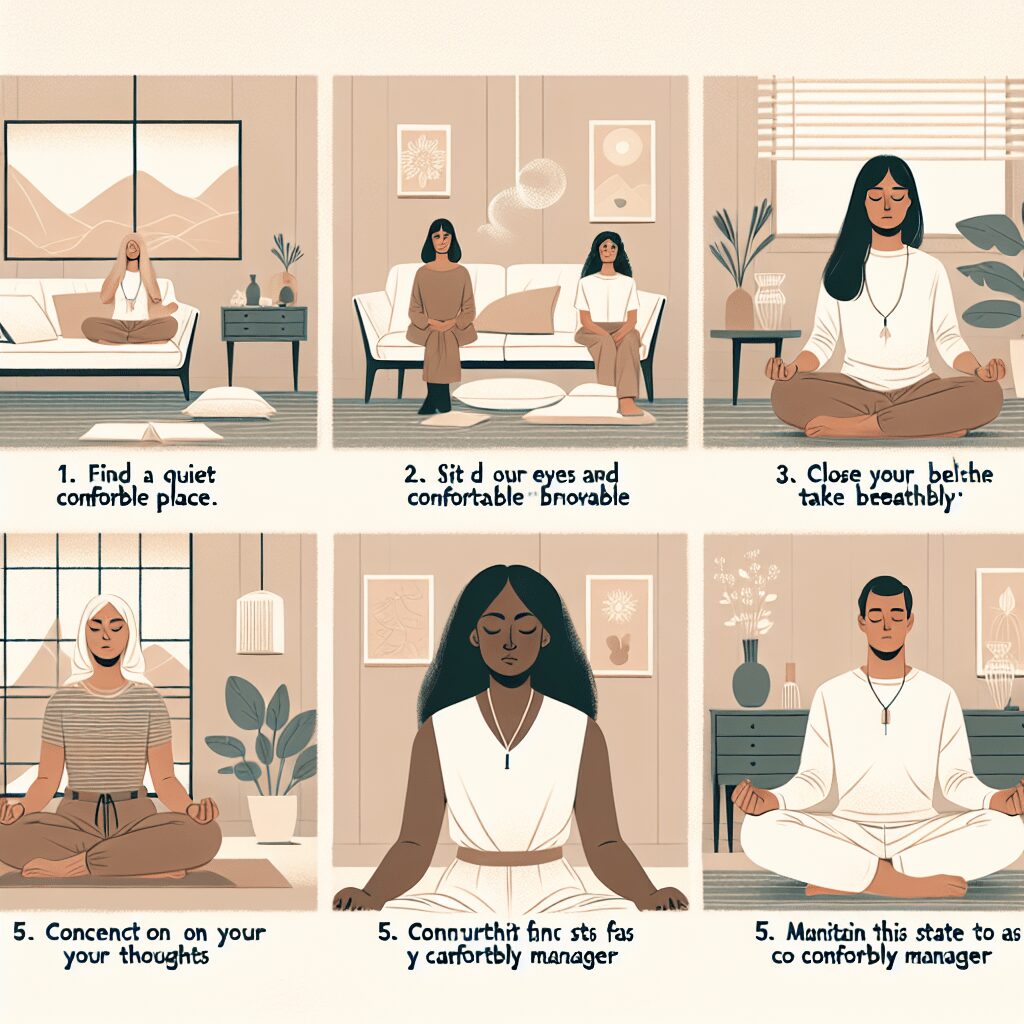
Prioritize your mental well-being daily. Enhance your life by nurturing your mental health with the Smart Meditation app. Break free from stress, alleviate anxiety, and enhance your sleep quality starting today.
Does Deep Breathing Help Anxiety?
Unraveling the Power of Deep Breathing
In the hustle and bustle of 21st-century living, where the pace of life seems to only quicken, finding solace in something as simple as breathing might seem like wishful thinking. Yet, nestled within this basic life function lies a potent tool against one of modern society’s most pervasive challenges: anxiety. Let’s dive deep (pun intended) into the realm of deep breathing and its efficacy in battling the anxiety beast.
The Science Behind the Sigh
It’s no secret that the mind and body are intricately linked. When anxiety rears its ugly head, it sends the body’s stress response into overdrive, resulting in physical manifestations like a racing heart, sweaty palms, and shallow, rapid breathing. This is where deep breathing comes into play, acting as a bridge between mind and body, signaling to the nervous system that it’s time to hit the brakes on stress.
Deep breathing exercises, especially those focusing on elongating the exhale, activate the body’s parasympathetic nervous system. This is essentially flipping the switch from “fight or flight” mode to “rest and digest.” The result? A decrease in heart rate, lowering of blood pressure, and a general sense of calm washing over the body. In other words, deep breathing can be a powerful ally in quelling the storm of anxiety.
The DIY Anti-Anxiety Toolkit
Now, before you go off thinking that you need to enroll in a meditation retreat or become a zen master to reap the benefits, let’s get one thing straight: incorporating deep breathing into your life is as easy as, well, breathing. Here are a few techniques to get you started:
- The 4-7-8 Technique: Inhale for 4 seconds, hold your breath for 7 seconds, and exhale for 8 seconds. This not only helps regulate breathing but also focuses your mind away from anxiety-inducing thoughts.
- Diaphragmatic Breathing: Place one hand on your chest and the other on your belly. Inhale deeply through your nose, ensuring your diaphragm (not your chest) inflates with enough air to stretch your lungs. Take a pause, then exhale slowly. This helps in getting a full oxygen exchange, crucial in reducing anxiety levels.
The Caveat
It’s vital to note that while deep breathing is a powerful tool, it’s not a one-size-fits-all cure for anxiety. What works wonders for one person might be just a drop in the ocean for another. Plus, for those grappling with severe anxiety disorders, deep breathing should complement, not replace, professional treatment options like therapy and medication.
Breathing: The Unsung Hero in Your Anxiety Battle
So, does deep breathing help with anxiety? The verdict is in, and it’s a resounding yes. By fostering a state of calm, deep breathing exercises not only provide immediate relief in anxiety-inducing situations but also contribute to a more sustained mental wellbeing when practiced regularly.
As you navigate the twisty roads of life, remember that you have an ace up your sleeve with deep breathing. Next time anxiety decides to crash your party, take a deep breath; you’ve got this. After all, the best things in life are free, and perhaps the solution to managing anxiety has been right under our noses all along.





